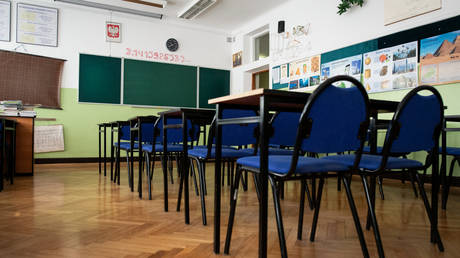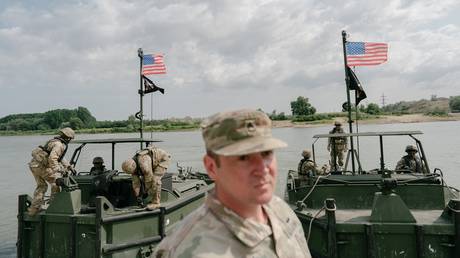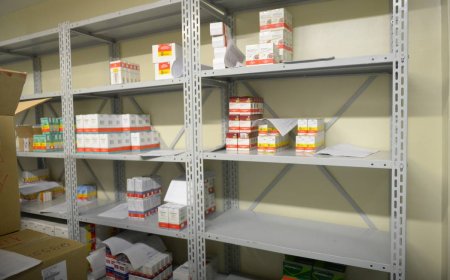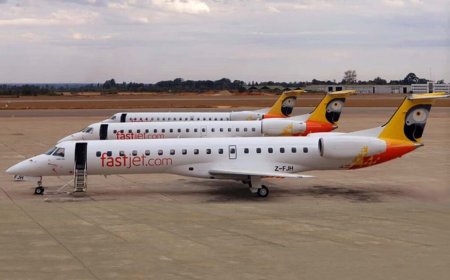Rwanda denies military deployment to Maputo, reaffirms presence only in Cabo Delgado
Reports have emerged suggesting that Rwandan troops have been deployed to Maputo to suppress protests against the recent election results, according to exiled Mozambican presidential candidate and critic Venâncio Mondlane. On Sunday evening, Mondlane alleged that Rwandan forces were being moved from Cabo Delgado, in the north, to Maputo to contain dissent.
However, the Rwandan government has categorically denied these claims. Yolande Makolo, the Rwandan government spokesperson, responded promptly on her X account (formerly Twitter), stating, “This is false. There are no Rwandan troops in Maputo.” Makolo emphasised that Rwandan forces are stationed exclusively in Cabo Delgado, where they are working alongside Mozambican forces to combat Islamist extremist groups threatening regional security.
Currently, approximately 2,000 Rwandan soldiers and police are stationed in Cabo Delgado under an agreement between Mozambique and Rwanda. These troops have played a significant role in reclaiming the districts of Palma and Mocímboa da Praia, driving out much of the jihadist presence in the area.
Mondlane also accused the European Union of funding the alleged movement of Rwandan troops to Maputo, demanding clarification from the EU. As protests escalate, he called on his supporters to intensify their efforts and announced plans for a “march on Maputo” scheduled for Thursday.
While the protests have not affected key industrial sectors, there have been notable impacts on informal trade and public transport. Many shops and informal stalls have remained closed for several days over the past week, leading to losses for local merchants. Mondlane instructed the suspension of both public and private transportation in Maputo, with exceptions for “chapas” bringing people from the provinces to join the march.
Mondlane cautioned transport operators, while asserting that he does not intend to damage private property. However, videos from the protests show instances of looting and protesters throwing stones at ambulances. Mondlane attributed these acts to “infiltrators” rather than his followers.
Reports indicate that the General Commander of the Mozambican Police, Bernardino Rafael, is stationed in Marracuene, 30 kilometres from Maputo, to monitor the movement of people entering the capital. Recently, police intercepted a bus carrying 47 individuals, suspecting they were en route to join Mondlane’s march. However, an investigation by a lawyer from the Mozambican Bar Association (OAM) revealed that the group comprised Vodacom contractors tasked with installing fibre optic cables.
Following clarification, the police released the group, which had been held unlawfully for a day and a half. Even if the 47 had intended to participate in the protests, there would have been no legal grounds for their detention.
Mondlane reaffirmed his intention to fill Maputo’s main avenues with demonstrators, claiming that the turnout could reach up to four million people. However, critics argue that this estimate is unrealistic, as the combined population of Maputo and the neighbouring city of Matola is under four million, according to the 2017 census data.




















